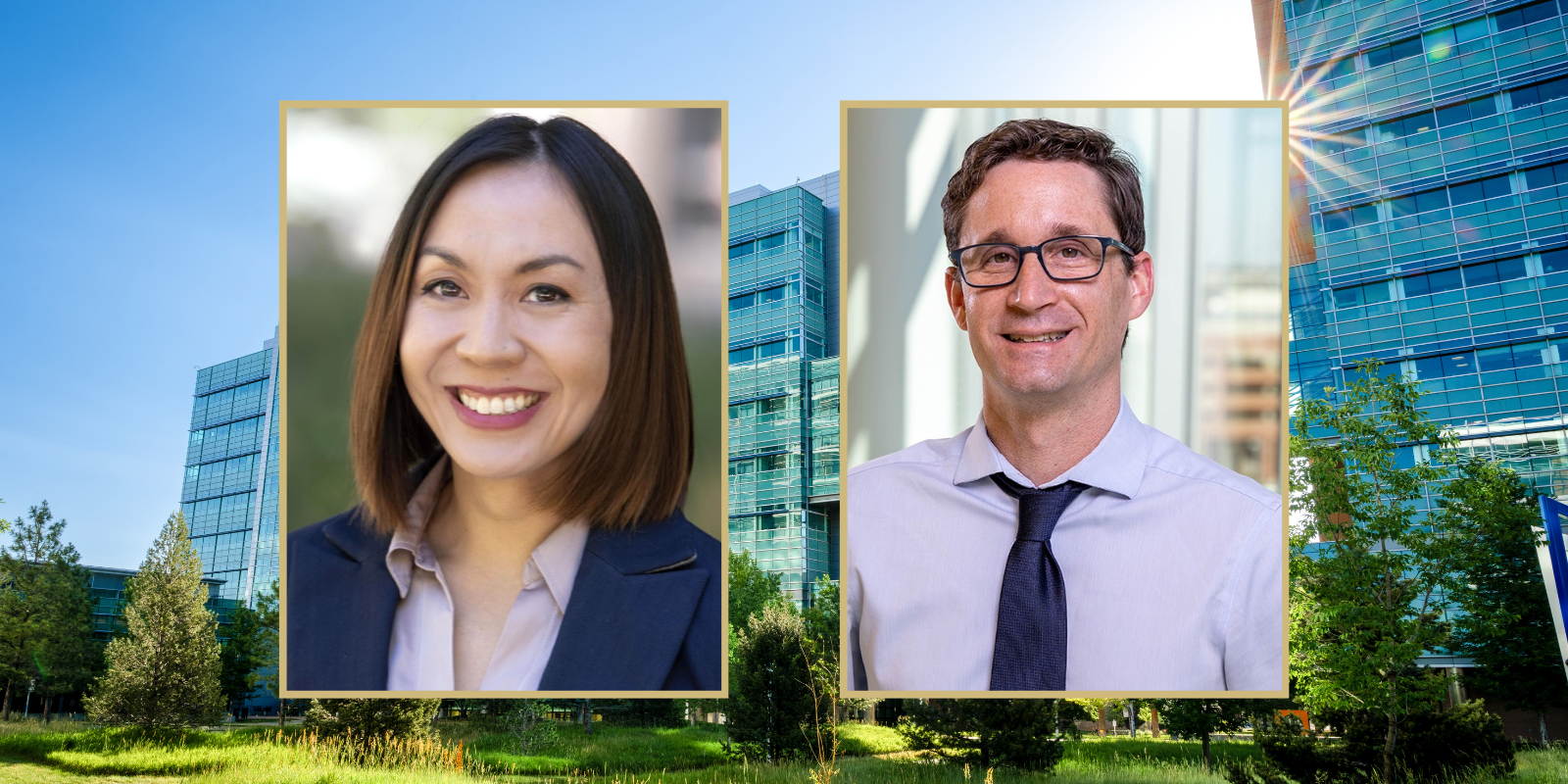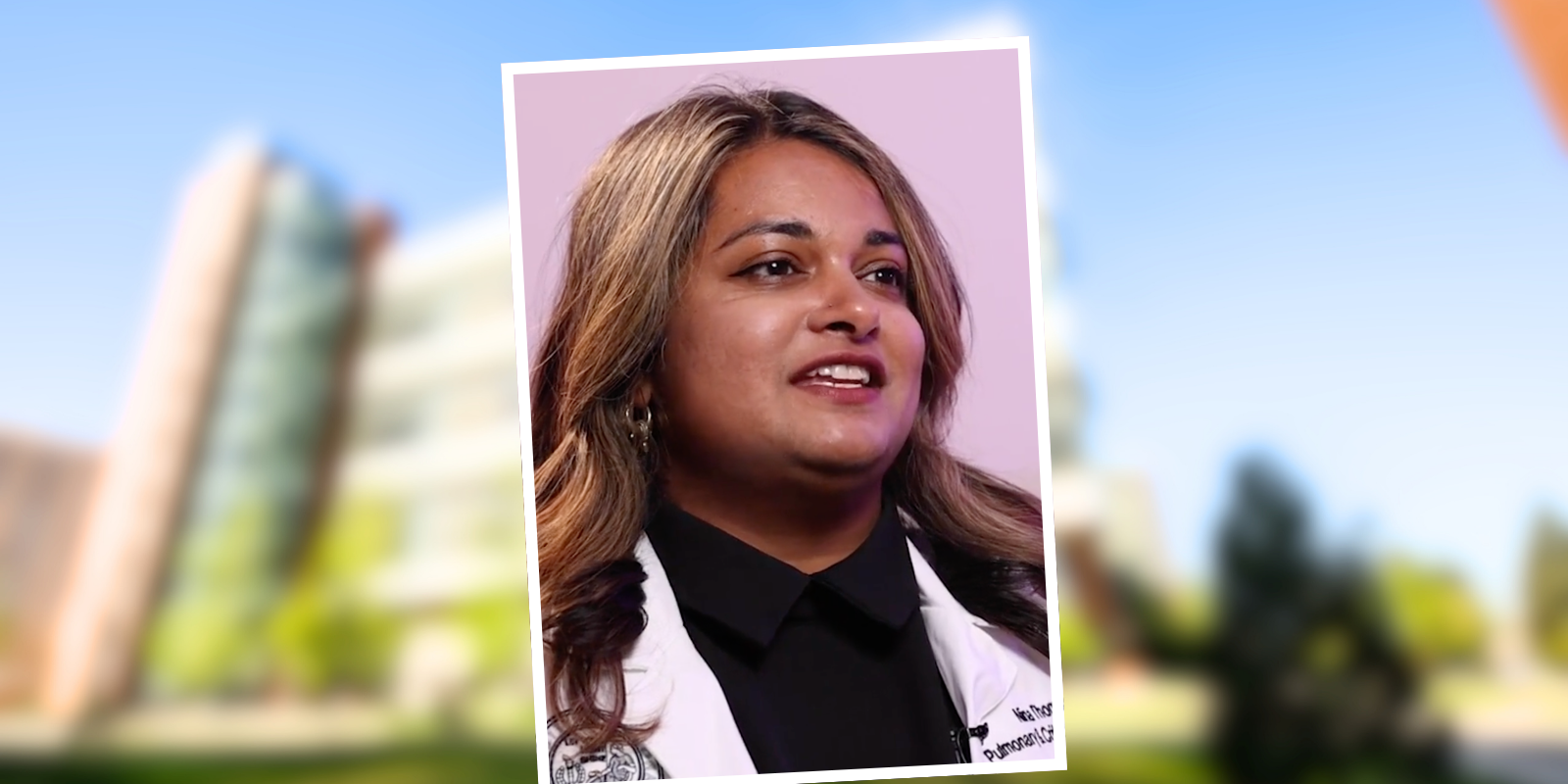Jeanette Waxmonsky, PhD, associate clinical professor in the Colorado School of Public Health and associate clinical professor of family medicine in the University of Colorado School of Medicine, has been named assistant director for community-engaged research for the Office of Community Outreach and Engagement at the CU Cancer Center.
In her new role, Waxmonsky will help to lead the CU Cancer Center’s programmatic efforts to perform research relevant to the center’s catchment area, the state of Colorado, and to develop strategies for CU Cancer Center investigators to enhance accrual of diverse populations in their research.
“I enjoy working with diverse communities and bringing them into the research fold,” says Waxmonsky, who has worked in both academic medicine and private industry over her career. “Research needs to be demystified for communities. Patients need to be informed advocates and active participants in their own health care. They need education and a forum to have a voice in the research process. They need to know how to be part of cutting-edge research that will help inform either their own care or the care of people in their community.”
Rural track
Among Waxmonsky’s responsibilities as assistant director for community-engaged research is working with Colorado’s rural populations to get them more involved in clinical trials and other research. Her previous roles, including director of community behavioral health integration for the nonprofit health plan Colorado Access, have prepared her well for the challenge, she says.
“I’ve worked with urban, suburban, rural, and frontier areas of the state over the course of my career,” she says. “I’ve done what some people call ‘windshield time,’ where you drive out to Alamosa or Sterling or Grand Junction to meet with various providers and patients. A lot of my research has involved working with patients —that is, getting their perspectives on study design, implementation, outcomes, and dissemination of research findings. Successful community-engaged research needs to make sense for the community and needs to focus on what outcomes are important to them.”
→Why diversity matters in clinical trials
While much of her previous work has been focused on implementing evidence-based practices in communities and engaging communities at primary care clinics, community mental health centers, health plans, and hospital systems, Waxmonsky sees her new role as bidirectional, connecting CU Cancer Center researchers to communities while connecting communities to research.
“Part of it is getting the good work out there — letting people know what the cancer center does and not being perceived as the ivory tower, but as a place where patients feel welcomed and can be part of the research process and feel empowered,” she says.
Beyond rural populations, Waxmonsky will look at other demographics as well when determining how best to grow the CU Cancer Center’s research reach and make it relevant to all people, not just those who have easy access to top-tier medical facilities and groundbreaking clinical trials.
“If you look at the numbers of African Americans or Latino populations enrolled in specific studies, you can’t extrapolate from the research findings whether these results apply to particular races, ethnicities, or even gender groups,” she says. “Diversity also includes the LGBTQ+ population and rural populations. We know that people in more rural communities have less access to care and are diagnosed at later cancer stages. I’ll be touching all these areas as I’m creating connections between the community and the cancer center.”
Personal connection
Waxmonsky has a personal story with cancer that makes working at the CU Cancer Center extra impactful for her. She lost her husband to cancer. She feels very fortunate that they were able to advocate for themselves during his care journey and wants to make sure that all Coloradans have that same opportunity.
As assistant director for community-engaged research, Waxmonsky will collaborate with leaders of the CU Cancer Center’s four research programs — Cancer Prevention and Control, Developmental Therapeutics, Molecular and Cellular Oncology, and Tumor Host Interactions — as well as cancer center leadership, members, project teams, and community organizations to catalyze basic, clinical, translational, and population science research.
“It’s incredibly exciting, because there’s everything from basic science to cancer prevention and control to the development of therapeutic agents and clinical trials,” she says. “I get to see the whole range of research at the cancer center. Disseminating basic science findings to communities will be a challenge, but I am looking forward to that. I want to be creative in getting the message out there, leveraging CU communications, social media, and other tools to reach the populations we want to engage with, using kind of the modes of communication they typically use.”



